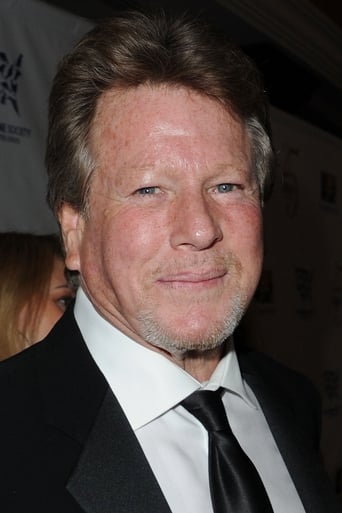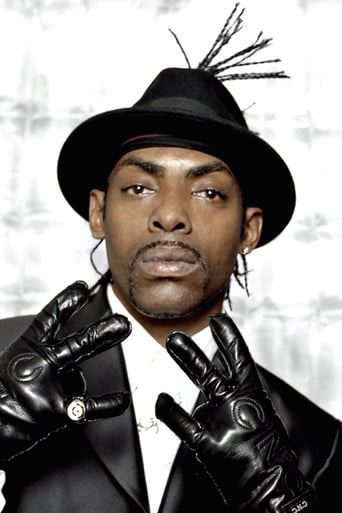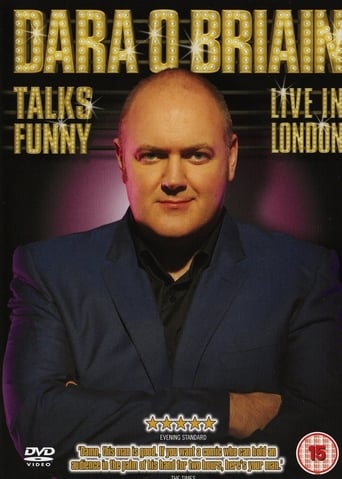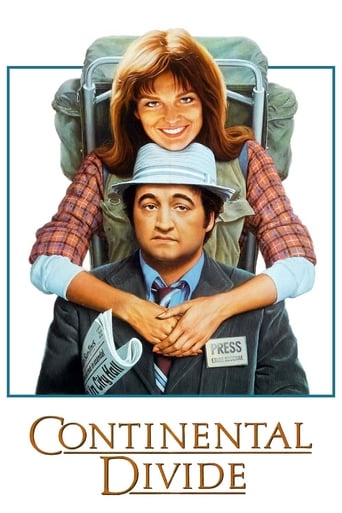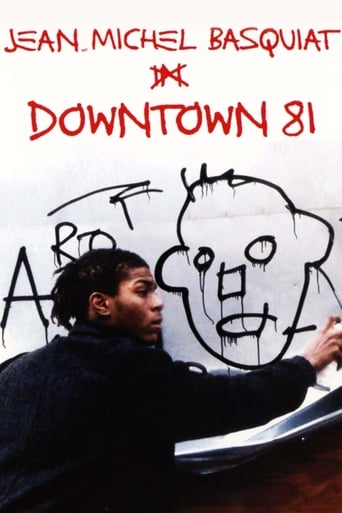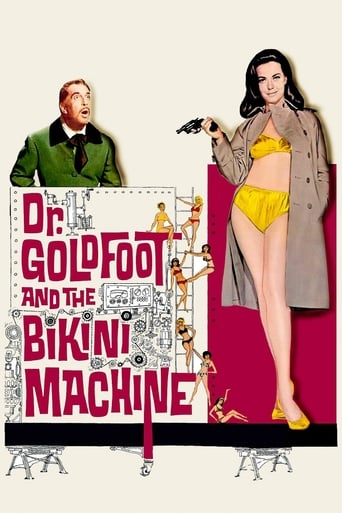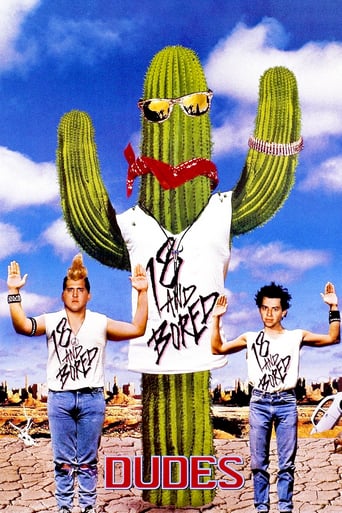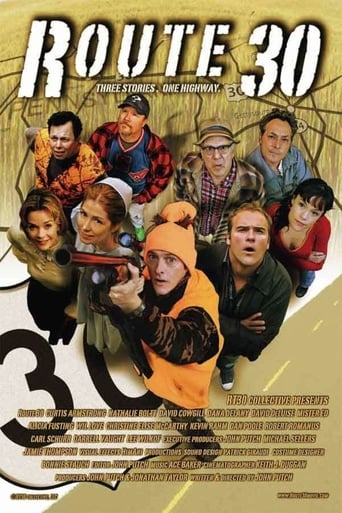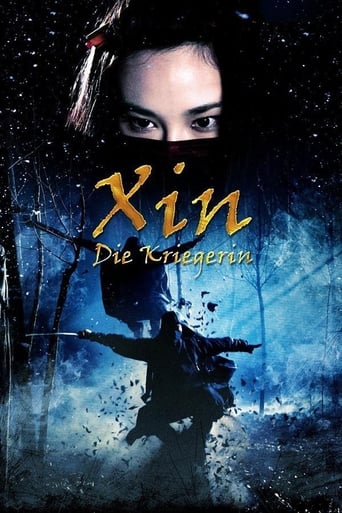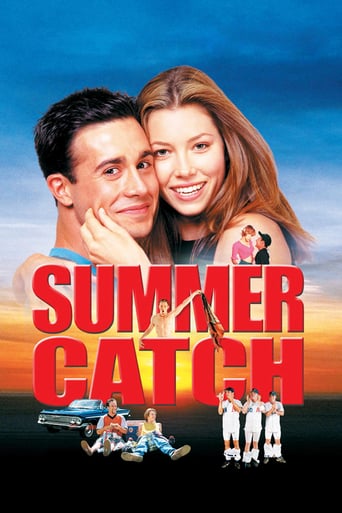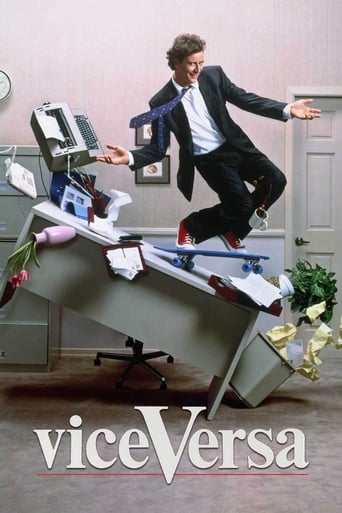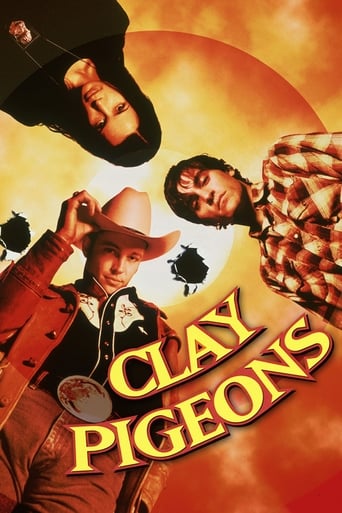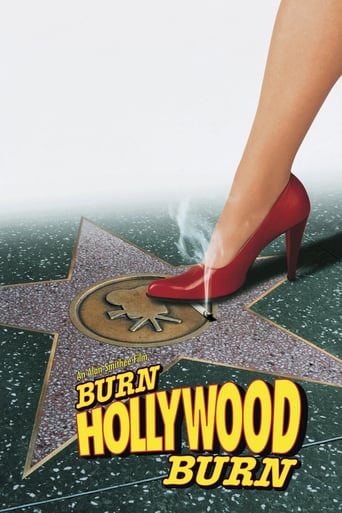
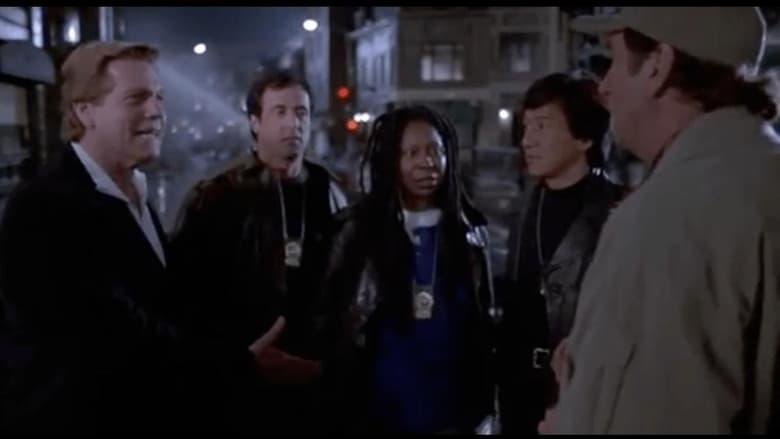
An Alan Smithee Film: Burn, Hollywood, Burn (1998)
Filmmaker Alan Smithee finds himself the unwilling puppet of a potentially bad big budget action film, for which he proceeds to steal the reels, and leaves the cast and crew in a frenzy.
Watch Trailer
Cast


Similar titles
Reviews
Burn Hollywood Burn is a terrible movie in every sense of the word and its only redeeming quality is because of an accident that occurred after filming concluded.On concept this high brow yet simple movie of mockery is a thing of genius. I mean make a movie about a guy named Alen Smithee whom is losing control of a big budget movie. However, he cannot disavow the movie because he is the "fake name" he is Alen Smithee. Now thats funny (but maybe only if you know movie history?) Perhaps it is to high brow because nobody went to see this film. OR perhaps it is to English (ie Eric Idle as the leading role). Or perhaps it is just plan terrible.The movie basically, rather than poking fun at Hollywood and the stream of never ending big budget special effect extravaganzas (which Eric Idle's character is making 1 of), pokes fun at itself instead. It jokes about the movie being made is worse than Showgirls (BHB is from the writer of Showgirls), but in reality the movie (BHB) itself is worse than Showgirls.The actors just don't have any fun and are not very good.They are stuck in the middle of hamming it up and actually acting.This is probably because the fake movie is supposed to be bad, but instead that badness overflows into the real movie.Jackie Chan, Sly Stallone, and Whoppie Goldberg cameo as overpaid and past their prime actors demanding huge wages and silly concessions and while some aspects are true, they don't all apply to the actors (Jackie Chan wanting like red M&ms taken out or something?) Anyway, the movie turned out to be directed by Alan Smithee which is almost a saving grace, but it had to be the writers cut which survived to get that moniker and not the directors cut. (the incident occurring after filming wrapped) Perhaps doing as such was a lame attempt to save a lame movie, but this movie about making a bad movie turned out to be just that= aka A BAD movie
I think that a good indicator that the makers of this supposed parody of Hollywood didn't have the conviction or skill to pull it off comes pretty early in the film. In the trailer for the film-within-a-film, they have three action heroes turn into the camera with huge guns and deadpan growl, "Don't f*** with me." The first of the three, Stallone, is an obvious choice--he actually was an action star who made a living in the 80s blowing away bad guys. But Jackie Chan was never a cinema "tough guy." He made action films, but he was never the type to be tough, brandish a rocket launcher, and tell bad guys not to f with him. Even worse, whose stupid idea was it to use Whoopi Goldberg as one of the action heroes? Whoopi? WHOOPI? I mean, maybe the inclusion of Goldberg was intended to be a joke, but it didn't play like one. As I alluded to before, the inclusion of Chan and Goldberg as Stallone-like action badasses just reeks of cluelessness. I mean, they could get Stallone, but couldn't get Segal, or VanDamme? Or even a washed up Burt Reynolds? Bronson would have been great. Arnold might have done if for fun. Imagine if it had been Sly, Arnie, and Bronson! Sure, they all would have been a bit long in the tooth, but they were true film badasses! The audience would have been laughing and cheering at the same time, instead of just going "wha? Whoopi? Wha?"
If you are in the feature film industry, what makes this picture so funny is the close parody... some of the characters appear to be modeled on real people. It would not be too far a stretch of the imagination to believe that two of the characters are parodies of Peter Guber and John Peters of Sony Pictures. Read the true story of these two guys' careers, documented in the book, Hit and Run, then watch Burn Hollywood Burn again. You will probably find the film twice as entertaining as the first time you watched it. After having last watched the film 7 years ago, I bought the DVD this week because I wanted to see if I could grab the title track that I liked, and I also clearly remembered (and liked) the graffiti art that was drawn for the movie title. Once I got the DVD in my hands, though, I watched the film all the way through again, and enjoyed it every bit as much as the first time I saw it.
I am willing to bet that when the principle players in the making of AN ALAN SMITHEE FILM: BURN, H0LLYW00D, BURN got together and read the script they probably found it hilarious. But they were probably drunk, stoned or deep into jet lag at the time. But somewhere between that first reading and the film's release, someone surely must have sobered up and noticed just how badly this film fails to deliver. The film is bad not just because it is bad, but because it coulda/shoulda been pretty good. Joe Eszterhas's script is sophisticated and savage and full of inside jokes. The direction by Arthur Hiller/Alan Smithee cleverly juggles ideas and viewpoints. And most of the cast give credible performances, even the nonprofessionals who contribute cameos. Obviously, everyone thought they were making a pretty good movie. In the end, the film is smart and pointed and even insightful, but it is never, never, never, never even remotely funny. It is hard to pinpoint just why the film ends up being so depressingly blah, but a good guess would be that it is a matter of attitude. ALAN SMITHEE is just so insultingly smug. Everybody involved is basically making fun of themselves, but not in jovial, lighthearted way. The self-deprecation is condescending: "See," they all seem to be saying, "I called myself a bastard before you had a chance. Nyah, nyah, nyah!!! I beat you to the punch." I mean what is the point of self mockery if it is intended to belittle someone else? Even the most mean-spirited of satires require a degree of innocence; a posture that allows the audience to find the humor and the hypocrisy for themselves, rather than to have it force fed to them. For instance, the film's structure, basically a series of talking head interviews, demands that the interview blurbs seem spontaneous, not preprocessed and rehearsed. Hiller skillful stages these little snatches of interviews as though they are being given on the fly, in different places and at different times, but they still seem canned. Even the characters' insincerity should seem sincerely insincere, not like tossed-off one-liners at a Friars Club roast. Even though everyone involved is obviously in on the joke, they shouldn't appear to be. And a major inexplicable problem is the whole black thing the film seems to be doing. This is a satire about a British director and bunch of Beverly Hills/movie studio suits, so why does the film feature rap music, African-American themed title credits and references to black directors? Is black cinema supposed to be the new New Wave or avant-garde? Is it supposed to be like references to beatniks in the fifties and hippies in the sixties, a clumsy attempt to make the squares seem hip and to make the story seem relevant (when ultimately it will only make the film seem quickly dated)? The film can't fake sincerity, why do the filmmakers think they can fake soul? In the end, ALAN SMITHEE seems to be little more than a home movie, a gag reel to be played at the office Christmas party. If that were the case, I suspect that all involved would still find the material funny. But, what happens at the Christmas party should stay at the Christmas party, otherwise it can just be too embarrassing.



